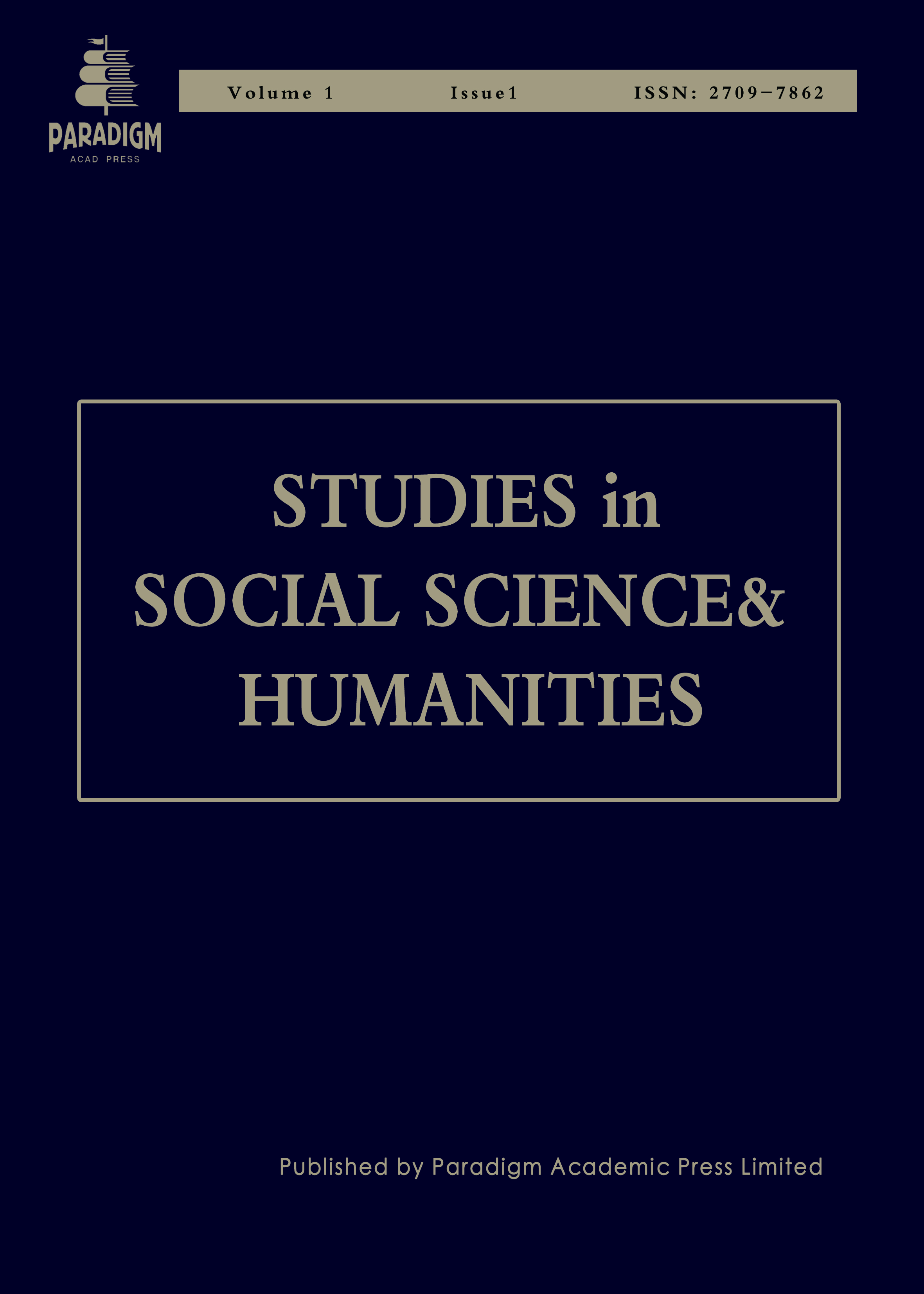Economics Analysis of Pollution Control Needs Towards a Balance Development
Keywords:
Economics, pollution control, development, taxes, costs, impactsAbstract
In the pursuit of economic progress, pollution has emerged as a formidable challenge, threatening both human health and environmental stability. This study examines the economic analysis of pollution control, emphasizing the crucial need to harmonize development with environmental preservation. Through a thorough exploration of pollution’s effects and its wide-ranging impacts on human health and ecosystems, this research highlights the pressing requirement for implementing pollution taxes. These taxes serve as pivotal instruments in addressing the externalities caused by pollution, ensuring that genuine environmental costs influence economic decision-making. The study’s findings underscore the significant toll of pollution on human well-being, encompassing various health complications and incurring substantial social and healthcare costs. Furthermore, environmental degradation resulting from pollution significantly impacts economic sectors such as agriculture, tourism, and overall productivity. This analysis elucidates the intricate relationship between pollution control, economic growth, and sustainable development. It stresses the necessity of integrating pollution control measures into economic policies to foster a more balanced and resilient development trajectory. The research advocates for a holistic approach that integrates economic incentives, stringent regulations, technological advancements, and community involvement to effectively curb pollution. By emphasizing the role of pollution taxes and acknowledging the true costs of environmental degradation, policymakers can pave the way for a more sustainable and harmonious coexistence between economic progress and environmental preservation.


